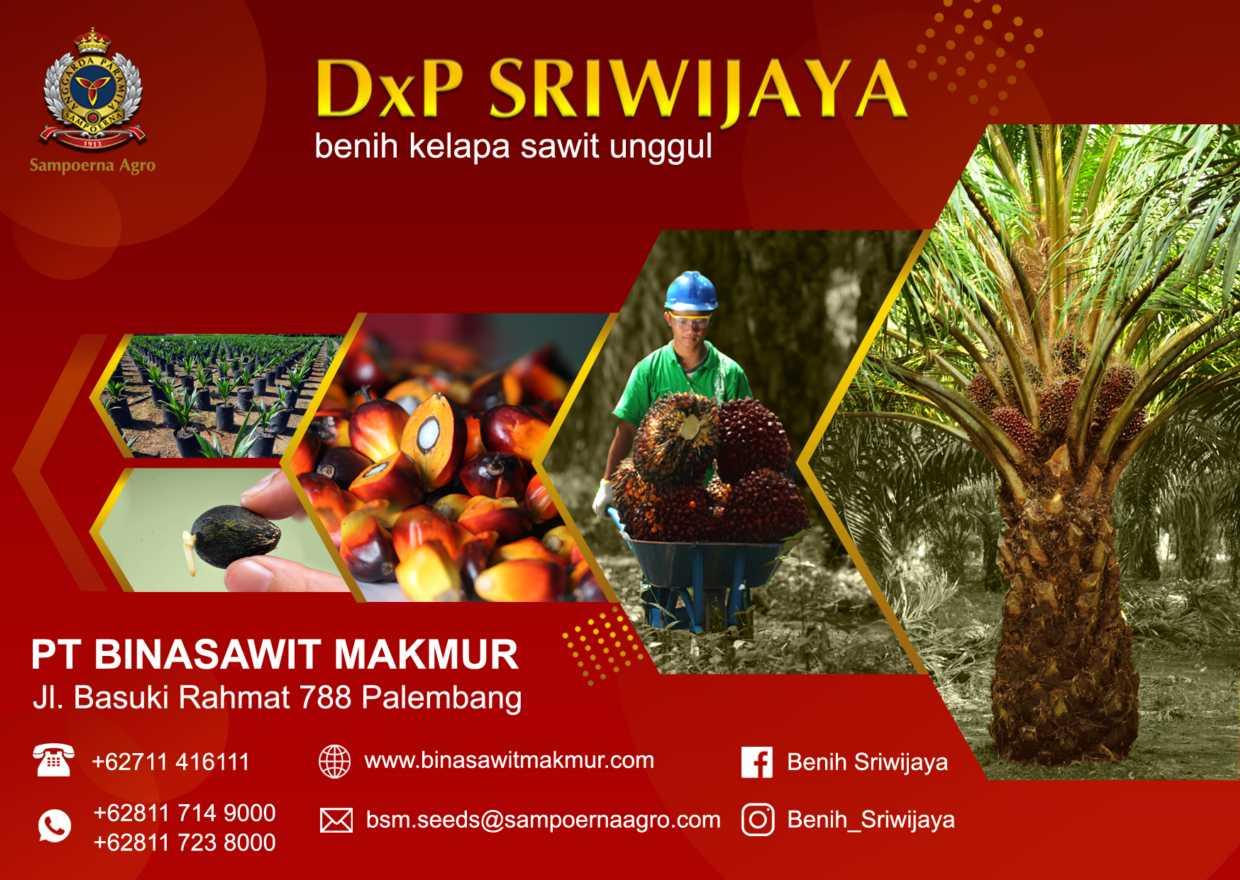
18 minute read
BHS) Jangan panik dengan pandemi (ENG) Don’t panic with the pandemic
Exclusive Interviews with the Palm Oil Industry's Major Players
Join us as we go on exclusive interviews with two major players in the palm oil from Malaysia. They candidly open up about their interview of this year's palm oil industry in malaysia what we can expect between now and 2021. No Crystal balls involved, just factual opinions, and some guidance helping us sail through these turbulent times. To read this interview in Bahasa Indonesia, please log on to the web : https://www.asia-palmoil.com/.
BACKGROUND OF OUR TWO PALM OIL EXPERTS
i) MPOA ii) MPOB
Datuk Nageeb Wahab, Chief Executive of Malaysian Palm Oil Association (MPOA)
Established in 1999 as a single umbrella entity to replace 3 large plantation sector organizations, namely, the Rubber Growers Association (RGA), the United Planting Association of Malaysia (UPAM), and th e Malaysian Oil Palm Growers Council (MOPGC).
MPOA has been tasked with the important function of balancing the needs and interests of the various sectors for synergy and development of the plantation industry as a whole. Though a crop-specific body that will focus on oil palm, MPOA also serves the interest of other plantation tree crops such as rubber, coconut, cocoa, sugar cane, etc. It includes non-crop issues relating to labor, trade, pricing, and sustainability. As an integrated single, powerful voice, MPOA represents the complex need of the plantation industry more effectively particularly now that the economy is being rapidly globalized.
Today, MPOA has a membership comprising of 120 companies including all the big players in Malaysia with a combined planted hectares of close to 2 million hectares or 40% of the planted oil palm area in Malaysia. It is the single largest association representing the industry in Malaysia.
Dr. Ahmad Parveez Ghulam Kadir, Director-General of Malaysian Palm Oil Board (MPOB)
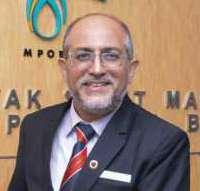
Malaysian Palm Oil Board (MPOB), established on 1st May 2020, is a government agency responsible for the development of the oil palm industry in Malaysia. Functioning under the Ministry of Plantation Industries and Commodities, its main role is to promote and develop national objectives, policies, and priorities for the well-being of the Malaysian oil palm industry.
To drive the industry forward, MPOB focuses on research and development along the entire value spectrum of the oil palm industry. It embraces a 3-pronged strategy to maximize synergies between economic development, environmental stewardship, and value addition to ensure that future growth is carried out within a sustainable framework. MPOB engages in cutting-edge science and innovative technologies and over the years has won many awards, both local and international. It plays a pivotal role in promoting industry excellence that resonates with its mission to enhance the well-being of the Malaysian oil palm industry through research, development, and excellent services. .
MPOB’s vision is to become the premier Nobel Laureateproducing research and development institution, providing leadership and impetus for the development of a highly diversified, value-added, globally competitive and sustainable oil palm industry.
1. Thank you for taking the time to join us for this interview. Just to warm all of you up a little, so during this period where everyone is kept working from home, what is your daily routine like?
MPOA: Since the COVID-19 lockdown or what we called in Malaysia, Movement Control Order (MCO) effective 18th of March, the MPOA Secretariat were kept busy and played a pivotal role towards first, convincing and getting the government to allow the plantation sector to continue operating as well as ensuring all our members’ needs are taken care of by interfacing with the relevant authorities. As a result, the plantation sectors, except for one day in Malaysia and another 14 days in Sabah, have been spared the agony of closing and ceasing operation. We would not want to imagine if this industry namely the oil palm sector were to be asked to shut down like the rest of the other industries since we are dealing with a perishable commodity that if left unharvested and to rot will cause irreparable damage and have a significant impact and effect, especially on the 1 million smallholders in this country whose livelihood depends on it. Members in gratitude and response to the fight against the pandemic contributed more than RM5 million in the form of medical equipment and tool kits to the government hospitals and institutions. MPOB: The Movement Control Order (MCO) announced by the government starting from 18th March 2020 required all to stay at home and adopt a new norm. The majority of MPOB staff worked from home since then to ensure MPOB’s functions and services to the industry are not interrupted during the lockdown. Personally as the Director-General of MPOB, most of the time I perform my duties from home and occasionally went to MPOB for things that require me to physically be there. Some activities were performed via video conferencing. During the early days of MCO, I was busy assisting the industry members to ensure their supporting industries or service providers could operate to ensure all the sectors under the oil palm industry which are allowed
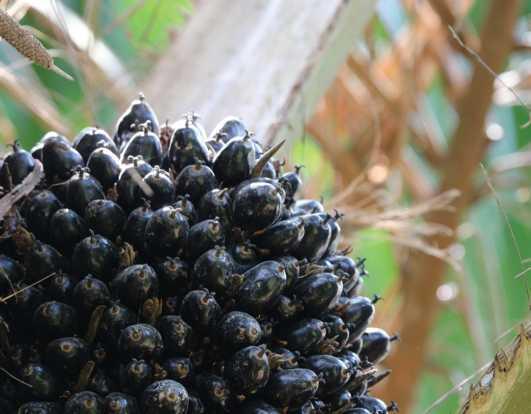
to operate could function without any hassle or delay. We also assist many supporting industry players to obtain operating approvals from the National Security Council via MITI to ensure oil palm industry operations are not affected. Many enquiries from companies and associations were responded to clarify issues related to the MCO conditions and updates.
During this period, MPOB issued many letters to inform all industry players through their respective associations on the allowance to operate as well as providing suitable SOPs to ensure they operate according to the SOPs issued by National Security Council, oil palm-related SOPs prepared by MPOB as well as by some plantation
companies. A new letter with updated SOPs was issued
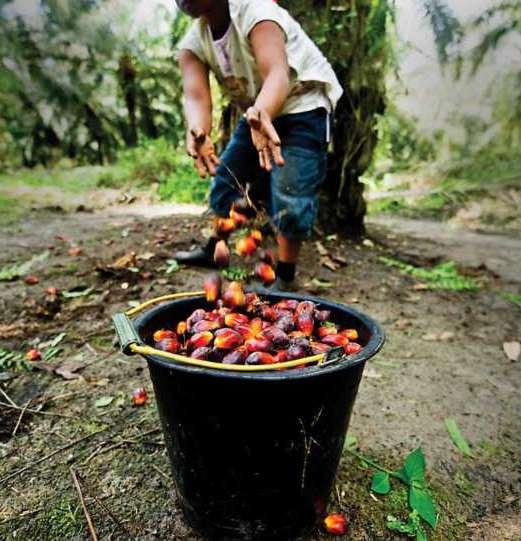
everytime the government extended the MCO and when it changed from MCO to CMCO and then to RMCO. MPOB has also issued letters to related industry players (growers, mills, and refineries) for them to carry when they perform their duties which require them to move from one place to another during the MCO. The letter was also shared on MPOB’s social media as well as on the website. MPOB constantly updates the stakeholders with the latest information on the implementation of the MCO related to the oil palm sector through social media platforms, hotlines and websites. The oil palm industry is among the essential economic sectors which have been granted by the government to continue operations along the production chains during the MCO. These include the harvesting of Fresh Fruit Bunches (FFB) by plantations and smallholders; the processing of FFB by palm oil mills and the processing of crude palm oil in refineries for the production of cooking oil for local markets. However, all parties involved in the operations have to take precautionary measures to stop the spread of COVID-19. These include minimizing labor and their mobility to avoid physical contact (social distancing) and workers should return home immediately after work. They are also reminded to take care of their hygiene by washing sanitizing their hands.
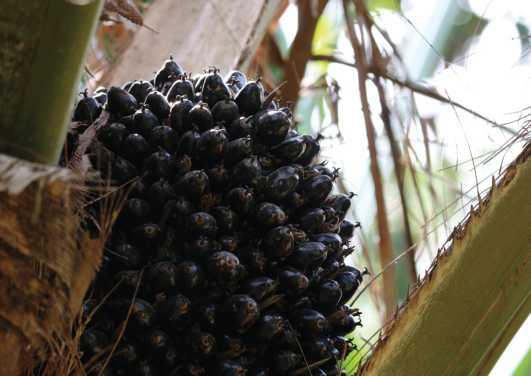
2. What are some of the challenges that you feel the palm oil industry is facing during this period of uncertainty? What are some of the measures taken to address these challenges?
MPOA: The plantation sector in Malaysia is already facing a myriad of issues namely labor shortages, the ever increasing cost of production as well as reputational and sustainability issues. During this period of uncertainty, these issues continue to beset the industry but what is of more concern is the drastic drop in demand as a result of the closure of most things globally. This led to an increase in stockpile resulting in bearish prices just like most commodities. This commodity being a price taker is subjected to price volatility and this is our biggest challenge and that shall continue. Another big challenge was ensuring that the workforce which consists of 85% of foreign workers are kept intact and does not leave. We are rather fortunate that the existing workers stayed on but the industry has not got any new or additional workers to complement the already reduced work strength since the onset of the lockdown. Another fear is that these workers that remained will be wanting to go back to their families once the lockdown is over.
MPOB: The implementation of the MCO brings uncertainty to the economic sectors, including the oil palm industry. During that time, our primary concerns were how severe the lockdown would affect the operations, particularly the harvesting and processing of FFB, and losses to the producers and smallholders. The Ministry of Plantation Industries and Commodities has swiftly highlighted the issue to the government and justified the importance of the oil palm sector to continue its operations to ensure the supply of cooking oil for domestic consumption and fulfill the overseas contracts after the MCO. The Security Council has allowed the oil palm industry to resume operations on the second day of the MCO. The COVID-19 pandemic harms the global trade due to the restriction of movement, and hence, has also affected the supply and uses of palm oil in the importing countries. During the MCO, the crude palm oil (CPO) prices have been affected at the early stage, starting early April 2020 the CPO price was declining due to the uncertainties of the COVID-19 and the MCO in many parts of the world which affected global palm oil demand. However, since mid-May 2020, due to several positive sentiments, the price was seen to be improving and stabilizing until today. The global pandemic has also highlighted an issue which probably Malaysians were not aware of, and that is food security or self-sufficiency in food production. Among the measures undertaken to address these challenges are: the government, under the National Short Term Economic Recovery Plan (PENJANA) has announced a 100% exemption on export duty on crude palm oil, crude palm kernel oil, and processed palm kernel oil from July 1, 2020, to December 31, 2020, to boost the palm oil sector. The move will encourage industry players to sell more palm oil and help them earn more income while solving their problems, including the additional costs incurred during these difficult times. We could promote more exports, especially to the top vegetable oil markets, including India, China, and Pakistan. This tax exemption also augurs well with India’s decision to import 1.14 million tonnes of vegetable oil in June from the April-May monthly average of 865,000 million tonnes. Unofficial reports show that export in June has increased by around 20% as compared to May 2020. To ensure the Malaysian oil palm industry remains competitive in the global market, MPOB as the government agency entrusted to serve the country’s oil palm industry has undertaken several strategies and plans to conquer the detrimental effect of the pandemic, which amongst others include: • Differentiate Malaysian palm oil with other edible oils through the preservation of the valuable phytonutrients contained within palm oil. In particular, the beta carotenes and vitamin E tocotrienols, and their applications in isolated form in food products. • Commercialization on high value-added products such as palm-based designer fats and nutraceutical supplements that are being developed for various food applications and functionalities. • Focus on research to produce more downstream products than basic oleochemicals. • Provide a one-stop centre such as pilot plant facilities and international quality analyses and quality labs to help small and medium-sized enterprises (SMEs) and industries which are interested in investing in downstream palm products. • Provide technical advisory services to ensure the technologies transferred to SMEs or industries are successfully commercialised.
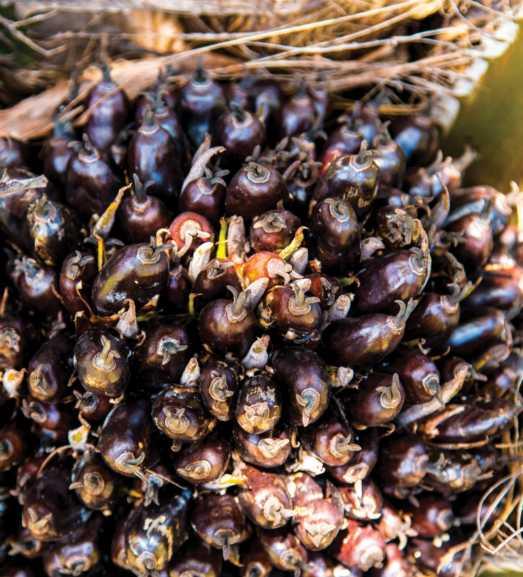
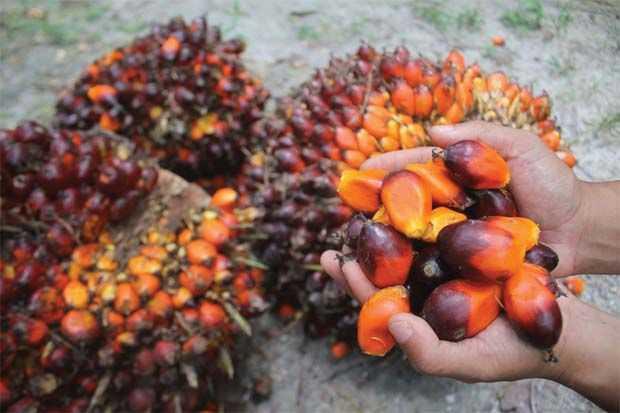
3. Airlines and tourism-oriented industries are cutting manpower with massive slashes on revenue, do you reckon the palm oil industry would be forced to take such drastic measures and how detrimental would it be on the bottom lines?
MPOA: The commodities sectors, unlike the other sectors namely the tourism-related industries, were not badly hit during the MCO. Being essentially a food producer, this sector was spared and allowed to operate. While demand may have shrunk, we believe it is temporary as people need food to live, and as such demand will always be there albeit at a fluctuated level. This sector has not retrenched nor cut salaries of employees so far and that is proof of the resilience of this sector. Profits may have dipped but they can survive. In fact, with the gradual easing of lockdown in most countries, we are seeing demand picking up and prices easing up gradually.
MPOB: The oil palm industry operations were not severely affected by the global pandemic as experienced by the services sector. The whole production sector was not interrupted since the implementation of the MCO. In fact, the oil palm industry is actually facing a serious labour shortage as recently reported by Malaysian Palm Oil Association (MPOA).
4. What are the long-term effects that you foresee with the current pandemic on the industry?
MPOA: I believe this pandemic shall stay for a long period until a vaccine is found and that we have to adjust and live with the new norm. The fact that even during the pandemic, which has led to the closure
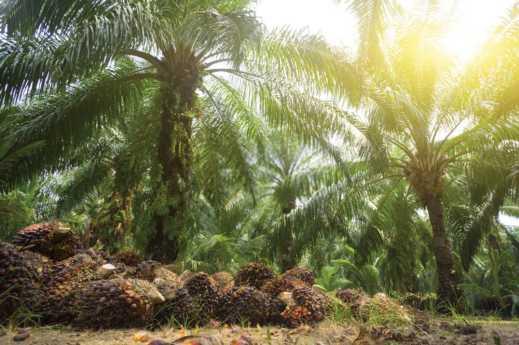
of a lot of sectors, the oil palm industry stays above water and can withstand the economic onslaught. Prices of palm oil dipped not only because of lack of demand but were also dragged by other reasons such as a crash in crude oil prices, which is always coupled with palm oil due to the biodiesel factor.
MPOB: The current pandemic does not cause a severe longterm effect on the oil palm industry as its operations are back to normal. However, like any other sector of the economy, the disruption in the production and operation along the whole supply chain will have repercussions on the economy. The Malaysian oil palm industry is export-oriented with exports of palm oil alone covering 93.0% of the total CPO production in 2019. Thus, the Malaysian palm oil industry is very dependent on exports. The pandemic has affected the export of Malaysian palm oil to major destinations. Although exports of palm oil were affected at the early stage of the pandemic, however, lately the export seems to be picking up. We hope that with more countries slowly lifting their MCOs, the demand for palm oil will increase both locally and globally. Malaysia also anticipates lower than expected palm oil production this year. The pandemic also affects the implementation of biodiesel B20 as well as biodiesel market. The implementation was affected due to the MCO where it has to be delayed because of the movement restrictions especially for the launches in Sarawak and Sabah. Furthermore, the MCO has resulted in lesser usage of biodiesel due to fewer diesel transports on the road. This happens not only in Malaysia but around the globe.We anticipate the demand for biodiesel will be affected in 6-18 months until the pandemic is fully controlled globally. The delay in the launches of B20 and the reduction of biodiesel usage due to the
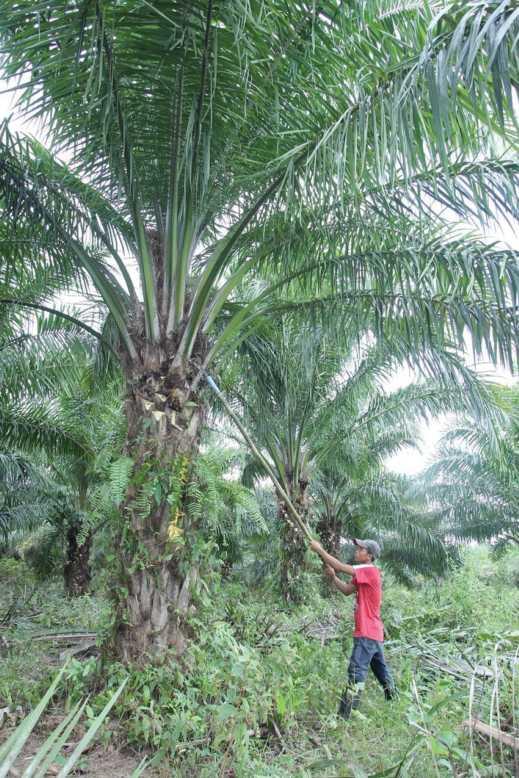
MCO may affect the final annual palm oil stock.
5. With so much negativity floating and sinking in all industries, perhaps you could shed a bit of light from your perspective on what are the positive things the palm oil industry can look forward to in the next six months?
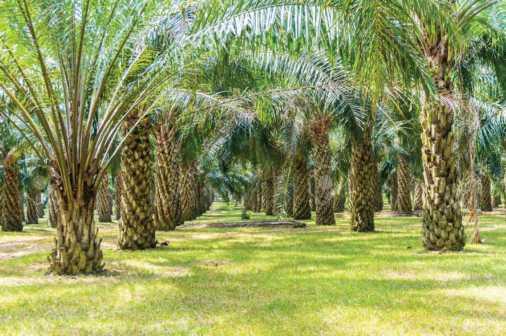
MPOA: As I mentioned earlier, palm oil being essentially a food producer shall always command demand and will stay afloat for a long period. A point to note is that the palm oil price is still higher than last year despite this pandemic. That speaks volumes of its resilience. We are more concerned if the government stopped us from operating due to non-adherence of SOPs and guidelines rather than due to demand. The gradual opening of most sectors of the economy over the next six months shall continue to spur demand and prices. The question is the speed of the resumption to normalcy. We are comforted that prices of late have been on the increase after the gradual opening of the economy in most countries and that augurs well for the oil palm sector for the near future.
MPOB: We are looking at a rebound in the price of CPO in the second half of 2020 supported by the anticipated recovery in export demand from major importing countries such as China and the EU due to the gradual easing of lockdowns coupled with the expectation for improvement in exports to India. We also anticipate that in the fourth quarter of 2020, inventory levels would improve due to the increase in export volume which we hope could further support the improvement in prices. Malaysia has begun to see a rebound in CPO prices since May this year. On June 24, the price of CPO stood at RM2, 515 per tonne. On this note, we are anticipating that the average CPO price for 2020 would be around RM2, 500 per tonne. The performance of world oils and fats market is expected to be mixed, with total production and exports are forecast to be lower than that of the previous year. However, total disappearance is expected to increase which will lead to lower stocks and better prices.
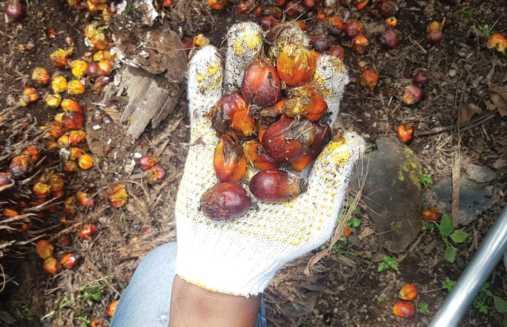
6. Equipment suppliers to the palm oil industry and those in the supply chain would be affected during this period, how do you think they can maintain their business in such a challenging climate? What other extraordinary efforts should be made?
MPOA: We do experience some hiccups due to lack of supplies of equipment during the lockdown period but the situation is not critical as the supply chain within the country remains unscathed, and this industry due to its long existence has developed its manufacturing capabilities to manage its needs. As long as the industry is allowed to operate so will be the equipment suppliers. We are rather fortunate that we do not have to rely on imports to operate.
MPOB: During the period of the MCO, supply of equipment for all sectors were affected due to logistic issues and other factors. The situation has now improved as economic sectors are now allowed to resume operations as the pandemic subsides.
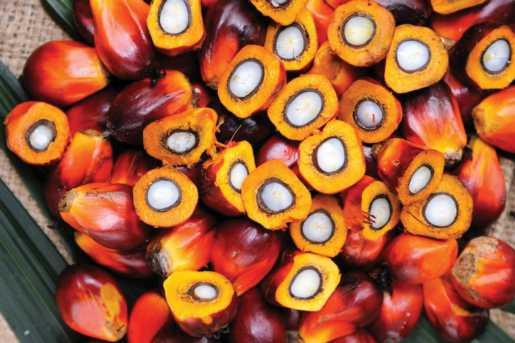
With the labour shortage since prior to COVID-19, we hope some of the plantation companies or even smallholders may consider moving towards mechanization in the fields and operations. The use of machines will also help to keep good social distancing in their plantations, mills and refineries. Manually, more labour will be required. MPOB hopes the demand for mechanization and plantation equipment would help boost the economy of the machineries or equipment suppliers. The procurement of equipment in the oil palm industry, like any other industry is the company’s decision which is part of the investment to enhance production and expand its operations. The government is not interfering as it is a business decision.interfering as it is a business decision.
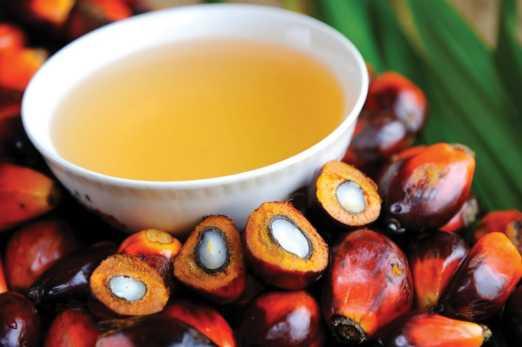
7. What is your advice to palm oil producers who are feeling the slump now? What additional measures they should be taking during this period?
MPOA: The oil palm sector is not facing a slump but more a glitch and as long as there is demand and prices are reasonable, they will remain relevant. This industry, which contributes about 5% to the country’s GDP is a mature one and has survived plenty of challenges over the years and I believe they will be able to withstand these uncertainties. A bit of tightening of the belt and adapting to the new norms is what is required of the industry player. Another important factor is the presence of government support in terms of regulatory assistance such as easing of the labor recruitment process as well as financial handouts namely to the smallholders in keeping all afloat. 3 million people livelihood depends directly or indirectly on this sector. That is how important palm oil is to the nation.
MPOB: All sectors in the oil palm industry must focus on enhancing productivity and quality of palm oil products to sustain income regardless of the palm oil prices. This can be attained through efficient management and good practices in the plantations, milling and processing, and intensifying activities in the downstream value added sector. MPOB through our research and development (R&D) efforts has developed many new technologies and innovations encompassing all the sectors in the oil palm industry for adoption which in turn will elevate productivity, efficiency and returns. In fact, on 7th July 2020, MPOB organised its annual Seminar Transfer of Technology Seminar (ToT 2020) at MPOB’s headquarters through web or Webinar in order to comply with COVID-19 SOP. TOT 2020 is MPOB’s platform to introduce

few more new technologies from upstream to downstream to drive the oil palm industry forward. As of 2019, MPOB has launched 667 technologies, 184 services and has patented 367 innovations. In terms of technology commercialisation, MPOB has recorded achievement rates of 30.4%, while patented technology stood at 32.4%. At the TOT 2020, MPOB launched eight (8) new technologies and seven (7) services for commercialisation.
